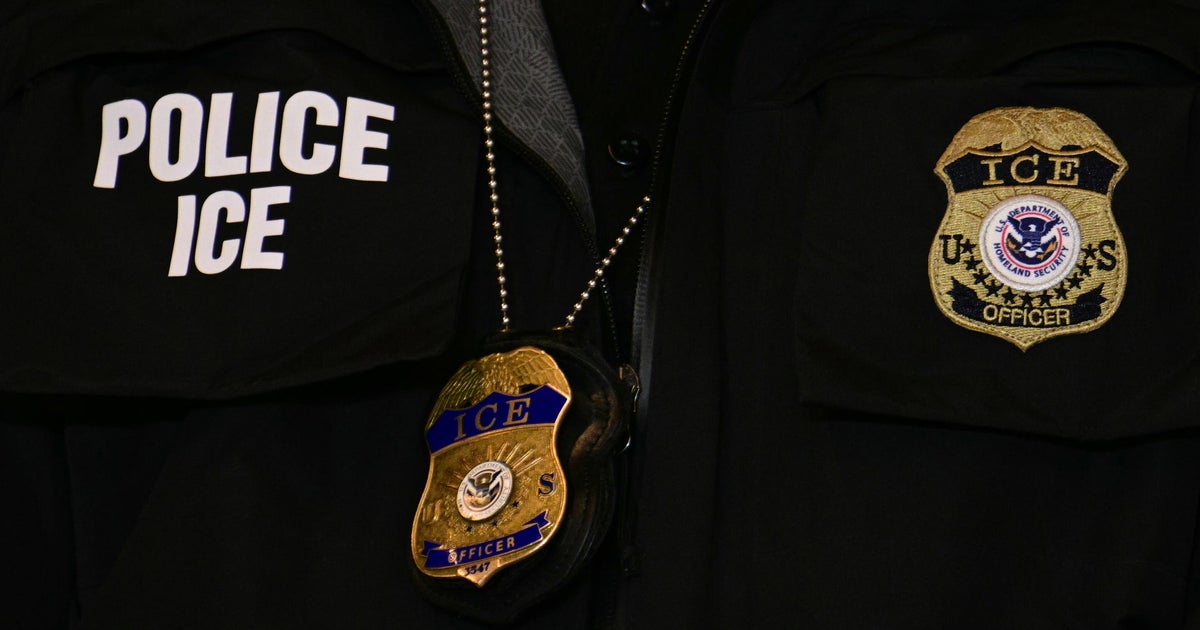California, Massachusetts Suing Trump Administration Over Census Citizenship Question
(CBS SF/AP) -- The states of California and Massachusetts will sue the Trump administration over its decision to add a question about citizenship status to the 2020 U.S. Census.
In announcing a lawsuit Tuesday, California Attorney General Xavier Becerra says adding such a question is a reckless decision that would violate the U.S. Constitution and cause a population undercount.
Massachusetts Secretary of State William Galvin, a Democrat, told The Associated Press that he expects his state would also join in a lawsuit against the Trump administration over the citizenship question on the census.
Becerra likened the Commerce Department move to reports that the U.S. government used Census data to help identify Japanese Americans who were sent to internment camps during WWII.
"The Trump administration has yet again failed to learn from history," Becerra told reporters Tuesday. "They failed to consider the consequences of scaring people into not filling out the Census forms."
Asking about citizenship status will lead to an undercount of California's population, which would jeopardize vital services for the entire state and its representation in the federal government, Becerra said.
The move "rolls back the clock on civil rights and voting rights in America," said California Secretary of State Alex Padilla.
"Questioning the citizenship status of every person in America is unfortunately just a continuation of the president's blatant agenda to fan the flames of anti-immigrant hostility in our nation," Padilla said.
Required by the Constitution, the U.S. Census is taken every 10 years. It helps determine the number of seats each state has in the House and how federal money is distributed to local communities.
Commerce Secretary Wilbur Ross had until the end of March to submit the list of questions to Congress. The department said the citizenship information would help the Justice Department enforce the Voting Rights Act, which protects minority voting rights and helps prevent the unlawful dilution of the vote on the basis of race.
"Secretary Ross determined that obtaining complete and accurate information to meet this legitimate government purpose outweighed the limited potential adverse impacts," the department said in its announcement.
Galvin called the decision an attempt to suppress the count in states such as Massachusetts that have large immigrant populations.
Galvin said the addition of a citizenship question was "a blatant attempt by the Trump administration to frighten minority groups away from being counted." He said he would be consulting with the state attorney general and possibly other states about filing or joining lawsuits.
Massachusetts has an all-Democratic congressional delegation and its Electoral College votes have gone to the Democratic presidential nominee in 13 of the last 15 presidential elections.
Minnesota's state demographer Susan Brower said Tuesday adding the citizenship question will make the census count less accurate.
Brower said research shows fear about the population count taken every 10 years keeps people from responding, and those fears are often highest among immigrants.
Minnesota has seen waves of Somali and Hmong immigrants boost its population. Brower says even legal immigrants are concerned about giving the government more information.
Minneapolis Mayor Jacob Frey is urging Congress to remove the citizenship question, which hasn't been used in the census since 1950.
Frey says an inaccurate low count of diverse populations would hurt cities like Minneapolis when it comes to distributing federal money.
Minnesota could lose one of its eight U.S. House seats depending on the 2020 census.
LastA coalition of state attorneys general urged the Commerce Department last month to not add such a question, saying it could lower participation among immigrants and cause a population undercount.
The decennial census helps determine political representation in Congress, federal funding of programs and other matters.
The Commerce Department says that between 1820 and 1950, almost every decennial census asked a question on citizenship in some form.







